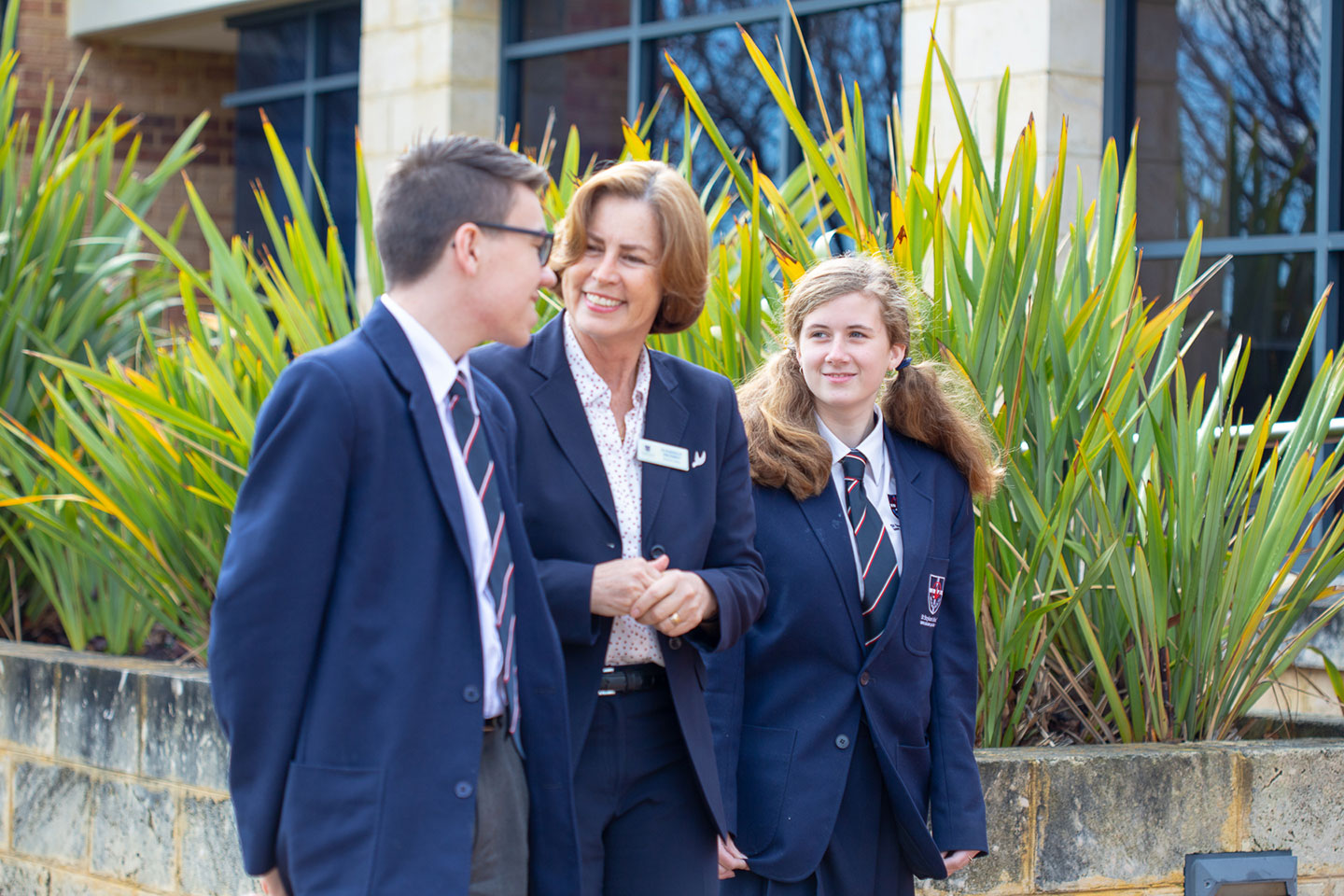

One of the key phrases of education in recent years has been making students ‘work ready’. This essentially means teaching them the tools to be able to go out and thrive in a workplace. Yet, how do we prepare the next generation to be ‘work ready’ when school and work environments are so different? Or, are they?
Workplaces flourish when they foster a culture of innovation, critical thinking, creativity and good communication with their employees. All of these are important traits but I believe one of the most valuable qualities for a capable workforce is accountability.
Having accountability and ownership over your actions, decisions and work leads to an environment of trust, heightened morale and loyalty. While this may seem like a buzzword for the workplace, accountability is just as relevant in the school setting, and an attribute that is important for educators to instil in our ‘work ready’ graduates.
Some of the tools we employ at St Stephen’s School to teach students’ accountability include goal setting, prioritisation, leading by example and giving quality feedback.
The idea of feedback in schools has been recently challenged. The Australian Council of Educational Research published a report last year that found parents and teachers were dissatisfied with aspects of the way report cards communicated student achievement.
Many school reporting methods are based on outdated templates that stem way back to the 1800s. Couple this with a more holistic education that takes in all aspects of the child and it is about time we revisit the way feedback is given in schools.
Our parents and students can access regular feedback and monitoring throughout the year on our digital platforms but a modern education is also about much more than grades. It goes beyond teaching the curriculum. It is about creating well-rounded graduates with compassion, empathy and an agile mindset.
Last year, our Duncraig Secondary team took it upon themselves to trial new reporting methods that better reflected the direct and authentic relationships we cultivate with our students at St Stephen’s School. This saw the end-of-year reports flip the traditional style of talking to the parents about their child, to one that encourages direct teacher and student dialogue.
Written in a letter format addressed to the student, the report talks directly to them about their efforts, character, strengths, failures and making goals for the future.
As an example, the language changed from “Ruby is an absolute joy to have in our Homeroom” to “You are an absolute joy to have as a student and set such a great example to others.”
The flipped reporting style puts students in control of their own learning journey and makes them more accountable for how they navigate it. It also positions parents as ‘fly on the wall’ witnesses to the important relationship between teacher and student and the role educators play in their daily life. This mentoring relationship assists student development and mirrors workplace connections for the future.
Initial feedback on the new reporting trial has been overwhelmingly positive from both parents and students who feel that receiving this directed feedback early puts them in good stead for when they venture out into the workplace.












